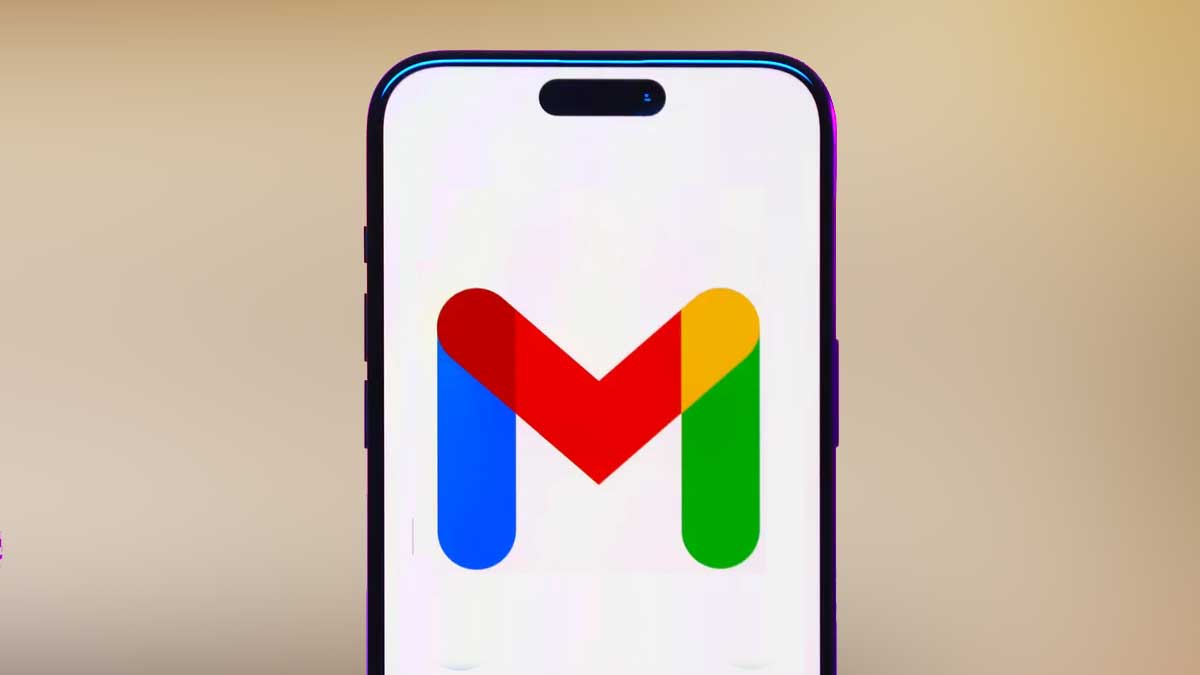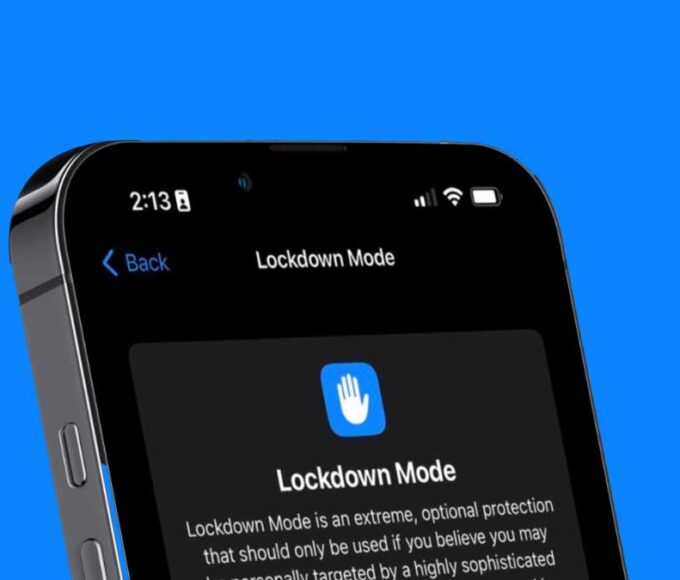- Home
- Billionaires
- Investing Newsletters
- 193CC 1000
- Article Layout 2
- Article Layout 3
- Article Layout 4
- Article Layout 5
- Article Layout 6
- Article Layout 7
- Article Layout 8
- Article Layout 9
- Article Layout 10
- Article Layout 11
- Article Layout 12
- Article Layout 13
- Article Layout 14
- Article Sidebar
- Post Format
- pages
- Archive Layouts
- Post Gallery
- Post Video Background
- Post Review
- Sponsored Post
- Leadership
- Business
- Money
- Small Business
- Innovation
- Shop
Recent Posts
Google Alerts Gmail Users to Surge in Phishing Attacks

Google has issued a warning to its 2.5 billion Gmail users about a second wave of cyber threats following reports of a surge in phishing attacks. The warning, issued on December 20, 2024, provides crucial details about the latest phishing techniques targeting Gmail and other email platforms. According to researchers at SlashNext and Zimperium zLabs, attackers are using increasingly sophisticated methods to exploit vulnerabilities in email systems. Google’s senior director of product management, Andy Wen, emphasized that while phishing attacks are down by 35% compared to last year, attackers are persistent and have been gearing up for a more intense second wave of attacks. The company has observed a significant increase in email traffic since mid-November, making it harder than ever to keep inboxes secure.
In response, Google has reinforced its security measures with advanced AI technology to protect Gmail users. Wen highlighted that Gmail has developed several groundbreaking AI models this year, including a large language model trained on phishing, malware, and spam, which has helped block 20% more spam. A new AI model introduced just before Black Friday enhances Gmail’s defenses by instantly evaluating threat signals and deploying protection within moments. Despite these efforts, Google warned users of several specific threats, such as extortion scams, invoice scams, and celebrity impersonation scams, which are becoming more common as the year draws to a close. Extortion scams involve threatening emails with personal information, such as the victim’s home address, while invoice scams trick recipients into contacting attackers to dispute fake charges. Celebrity scams, on the other hand, often involve attackers pretending to be famous individuals or claiming endorsement deals.
While Gmail-specific threats are a primary concern, security experts caution that phishing attacks are a threat to users across all email platforms. Research by SlashNext revealed a dramatic rise in phishing attacks targeting login credentials, with attacks increasing by more than 700% in the latter half of 2024. The report attributes this surge to the use of advanced phishing kits and social engineering tactics, including sophisticated email attacks that are capable of bypassing traditional security systems. According to Callie Guenther, senior manager of cyber threat research at Critical Start, attackers are increasingly leveraging compromised email accounts to execute various types of fraud, such as invoice scams and real-time interception of passwords. This shift towards more personalized and multi-vector attacks is becoming more concerning, with AI-driven phishing campaigns making it even harder for traditional security measures to keep up.
Zimperium zLabs has also reported an advanced phishing campaign that uses a DocuSign impersonation scheme to target corporate executives. The attack employs multiple evasion techniques, including mobile-specific phishing links within PDF files and the use of trusted platforms like Cloudflare to enhance credibility. This form of attack, known as “mishing” by Zimperium, highlights the growing sophistication of mobile-targeted phishing, where phishing links behave differently on mobile devices compared to desktops. As mobile devices have become essential to business operations, securing them against these types of phishing attacks is increasingly critical. Experts, including Stephen Kowski from SlashNext and Patrick Tiquet from Keeper Security, urge organizations to implement stronger mobile security measures and ensure that devices comply with security standards to protect sensitive information.
As phishing attacks become more advanced, experts stress the need for organizations and individuals to adopt proactive security measures. AI-driven security solutions are crucial for detecting and blocking sophisticated threats in real-time. However, human vigilance remains one of the most important defenses. Mika Aalto, co-founder of Hoxhunt, emphasizes the role of individuals in recognizing phishing attacks and reporting suspicious emails. The combination of advanced security tools and user awareness is key to mitigating the risks posed by evolving phishing tactics.
Google has provided several recommendations for Gmail users to protect themselves from the second wave of attacks. First, users are advised to take their time when responding to suspicious emails, as scammers often create a sense of urgency to prompt hasty actions. Second, double-checking the details of an email, such as verifying the sender’s email address, can help identify malicious messages. Users should also avoid sending any personal information or payments in response to unsolicited emails, as no legitimate organization would ask for such details on the spot. Finally, Google encourages users to report phishing attacks by marking them as spam, which not only helps keep inboxes clean but also contributes to Google’s threat intelligence system, strengthening its AI defenses for all users.
Recent Posts
Categories
- 193 Countries Consortium Partner1
- 193cc Digital Assets2
- 5G1
- Aerospace & Defense48
- AI37
- Arts3
- Banking & Insurance11
- Big Data3
- Billionaires1,467
- Boats & Planes1
- Business332
- Careers13
- Cars & Bikes79
- CEO Network1
- CFO Network17
- CHRO Network1
- CIO Network1
- Cloud10
- CMO Network18
- Commercial Real Estate7
- Consultant1
- Consumer Tech194
- CxO1
- Cybersecurity73
- Dining1
- Diversity, Equity & Inclusion4
- Education7
- Energy8
- Enterprise Tech29
- Events11
- Fintech1
- Food & Drink2
- Franchises1
- Freelance1
- Future Of Work2
- Games149
- GIG1
- Healthcare79
- Hollywood & Entertainment203
- Houses1
- India’s 1000 Richest1
- Innovation46
- Investing2
- Investing Newsletters4
- Leadership65
- Lifestyle11
- Manufacturing1
- Markets20
- Media327
- Mobile phone1
- Money13
- Personal Finance2
- Policy569
- Real Estate1
- Research6
- Retail1
- Retirement1
- Small Business1
- SportsMoney42
- Style & Beauty1
- Success Income1
- Taxes2
- Travel10
- Uncategorized14
- Vices1
- Watches & Jewelry2
- world's billionaires1,436
- Worlds Richest Self-Made Women2
Related Articles
Android & iPhone Users Urged to Run Security Checks
With the rise of cyber threats targeting both Android and iPhone users,...
By 193cc Agency CouncilJanuary 1, 2025Apple Warns: Avoid Lockdown Mode on iPhone
Apple’s latest security alert for iPhone users raises important concerns about the...
By 193cc Agency CouncilDecember 31, 2024750 Million Android Users Face Urgent Security Risks
Google has made significant strides in improving Android’s security ecosystem, aiming to...
By 193cc Agency CouncilDecember 31, 2024Surge in Paper Werewolf Cyberattacks on Russian Targets
A troubling rise in espionage-driven attacks using Microsoft Windows Word documents has...
By 193cc Agency CouncilDecember 30, 2024















Leave a comment